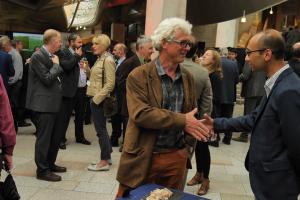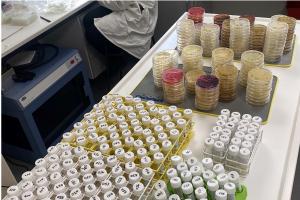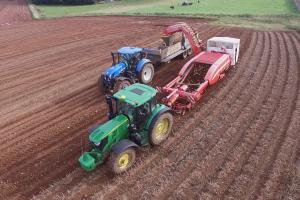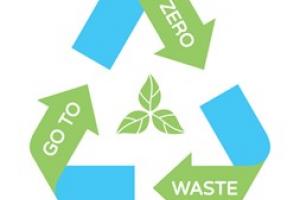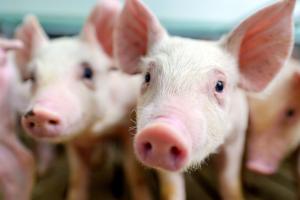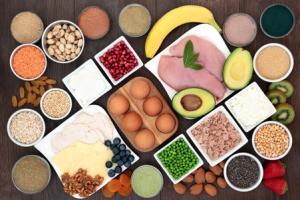Displaying 81 - 90 of 190
In this blog, Scott Grant, the marketing manager at James Hutton Limited, offers his advice and suggestions to help your article to stand out.
Scott has worked in professional services, higher education and loves to write.
Writing is something that a marketing person will do just about every day. Whether that’s creating social content, a new webpage, a landing page, a handout, an e-mail marketing template – we’ll often be writing. As someone who has been writing for around 10 years now, here’s my top 5 tips…..
Engaging with a group of people can be a daunting task. However, it is an invaluable activity which provides an interesting and exciting avenue to share our work, learn from others and even develop a new skillset.
Antimicrobial resistance (AMR) is one of the biggest health-threats of modern time. A global survey in 2019 showed that it claimed more lives than HIV/AIDS or malaria, and AMR is one of the top 10 global public health threats facing humanity. Resistance to current drugs continues to emerge and grow, and there are insufficient new interventions on the horizon.
Agriculture and food production contribute a large portion of the greenhouse gas (GHG) emissions, account for approximately 20% of the world's total emissions. In Scotland, the picture is no different, where they contribute around a quarter of the total GHG emissions. Hence, it is important to address the transitions needed in these sectors in order to tackle climate change.
In this blog, Dr Kerry Waylen, a senior researcher in the Social, Economic and Geographical Sciences Department at the James Hutton Institute, discusses the practical difficulties in aligning approaches to protect and improve water quality and ecology alongside those for managing flood risk.
With growing pressures on food resources, agricultural inputs (e.g., energy, soil, water), production costs and the environment, many of us are looking at how we can reduce food wastage whilst still ensuring we get adequate nutrition.
The interconnection between people, animals, and their shared environment has been recognized for over a century and recently, the term ’One Health’ has come to describe this connection.
Here at SEFARI we work on a number of areas relevant to One Health, including our mental wellbeing and livestock wellbeing. Therefore, in this blog, I will explore how we can help our own mental wellbeing before focusing on livestock mental wellbeing, and more specifically on SEFARI research on pig welfare.
The climate crisis is a problem of global significance and not everyone has the privilege of accessing resources, or having their voices heard. This includes those for whom climate change will impact the greatest – future generations, as often the views of experts and policy makers seem to be given preference over those of the youth.
Water is a vital and essential part of our lives, but the impact of climate change is leading to there being too much water in some places and too little in others. This presents challenges that will require sustainable solutions, tailored to not only the issue but also the locality. Consequently, it is important we understand the many and varied benefits of water as a resource, and how we can tackle the issues we face now, and in the future.
In 2019, a Scottish Health Survey report, commissioned by the Scottish Government, highlighted that two in three adults are classified as overweight or obese (with a body mass index, BMI >25), the highest prevalence since 2003. This is a real concern because obesity, is linked to a range of serious health conditions including diabetes, cardiovascular disease (CVD), hypertension and certain cancers.

